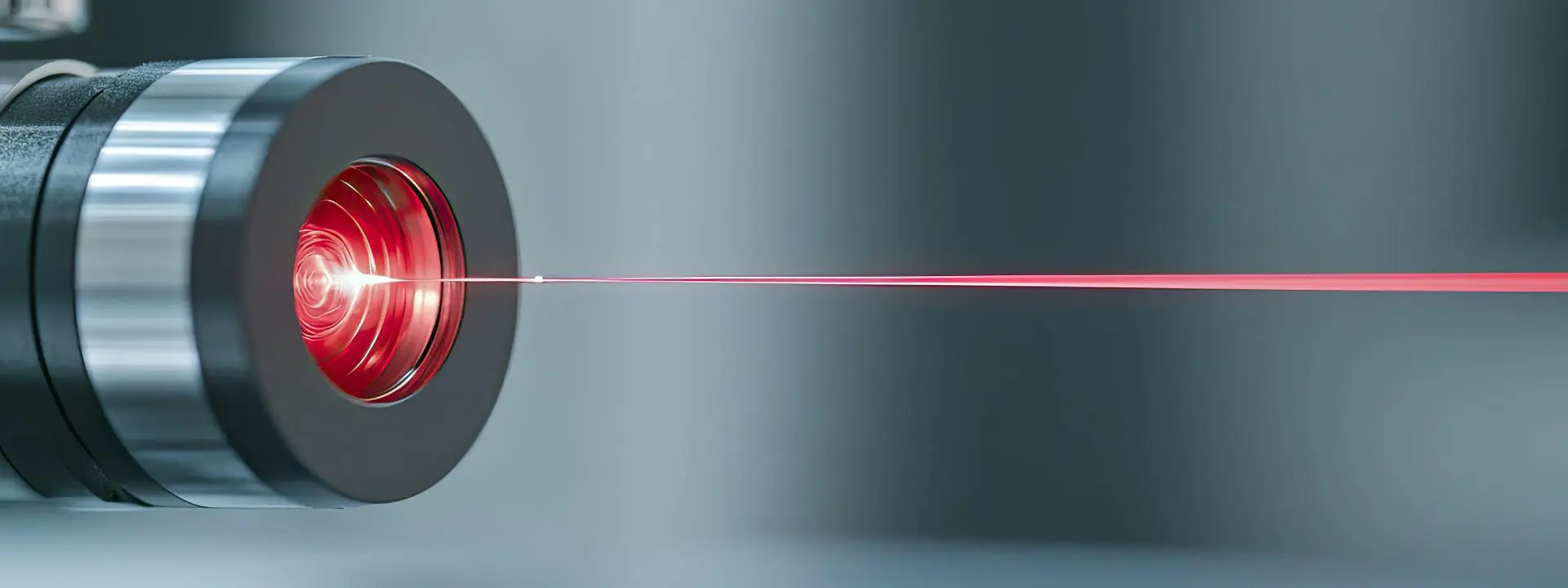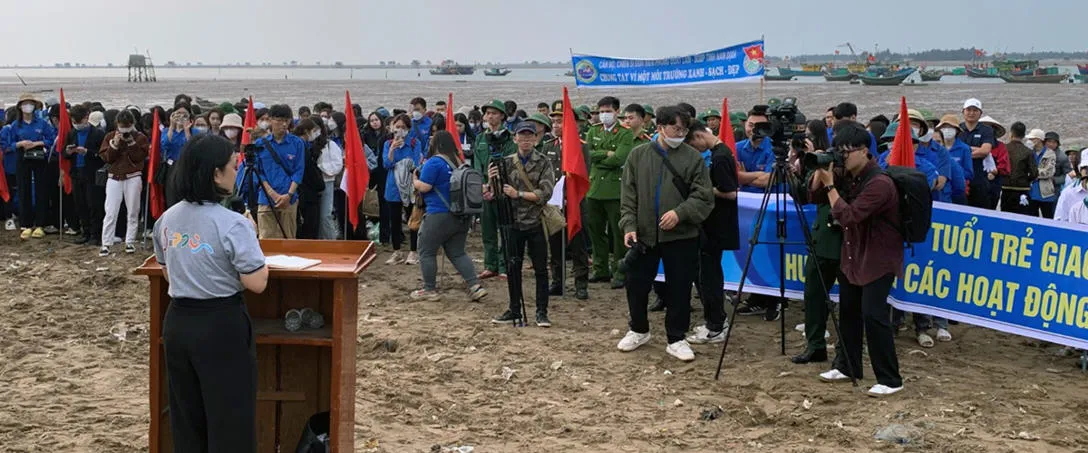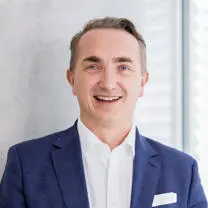Shaping a Global Future, Today

Professor Chris Turney is Heriot-Watt University’s new Deputy Principal of Research and Impact.
Former Pro Vice-Chancellor of Research at the University of Technology Sydney, he has 30 years of experience across the international higher education sector and industry. He has led strategic research initiatives driving sustainably funded, world-class research, fostered strong engagement with external stakeholders, and has extensive experience in deeptech, including founding his own startup.
Professor Turney will lead the development and growth of Heriot-Watt University ‘s Global Research Institutes, continue the advancement of a thriving research culture, and champion impactful, globally relevant research through strategic partnerships with industry, government, and communities.
Shaping a Global Future, Today
During one dark, oil-lit October night in 1821, a long queue could be seen making its way into a public gathering in the Old Town of Edinburgh. It was a time of great change. In the early nineteenth century, Edinburgh was at the centre of the Scottish Enlightenment. Advances in economic thinking, politics, philosophy, engineering and science were being made by the likes of Joseph Black, Adam Smith, and David Hume, transforming Scotland…and the world. The dizzying breadth of ideas and discoveries were making it possible to reimagine a new future, a future of progress for both individuals and society.
These inaugural students of what would become Heriot-Watt University (sadly, at that time, only working men until women were admitted in 1869, 23 years before other Scottish universities) saw an opportunity to gain new skills that could allow them to change their lives for the better. Since these pioneering days, Heriot-Watt has remained true to its founding mission: to create and exchange knowledge that benefits society and changes the world for the better.
Heriot-Watt is driving world-leading research and innovation in so many transformative areas, driven by artificial intelligence, quantum sciences, advanced manufacturing and biotechnology, and clean energy to name a few.

But these innovations are emerging against a backdrop of increasingly complex societal, environmental, and economic challenges. From the climate to global health crises, from digital equity to sustainable development – these are often called “wicked problems.” There is no single solution. They require a multipronged approach that tackles the problems from different perspectives. And it’s here that universities have an incredibly important role to play.
I am a big fan of Professor Mariana Mazzucato’s thinking on taking a mission-oriented approach to wicked problems. Universities must work actively with stakeholders, helping to set ambitious targets, to coordinate action with governments, businesses, and other groups across society. It requires agility underpinned by research excellence and innovation if we are to discover and deploy much-needed solutions at speed and scale.
Partnerships and strategic alliances are integral to translating our research into economic impact. Alignment of our research priorities, infrastructure investments and talent pipelines, with national priorities and global challenges, is the foundation of mission-led and solutions-driven research that delivers real-world impact
Over the last 200 years, the university has grown to a community of five campuses with a truly global presence. Through collaboration, we bring our research capabilities to stakeholders around the world, with the agility to tackle the wicked problems and global challenges, in this time of great change.
More about this author
See moreWorking closely with staff, students, alumni and other partners Chris supports the University achieve breakthrough research that tackles real world challenges - including transforming climate action, revolutionising health outcomes, and pioneering robotics and other technologies that will shape our future.
